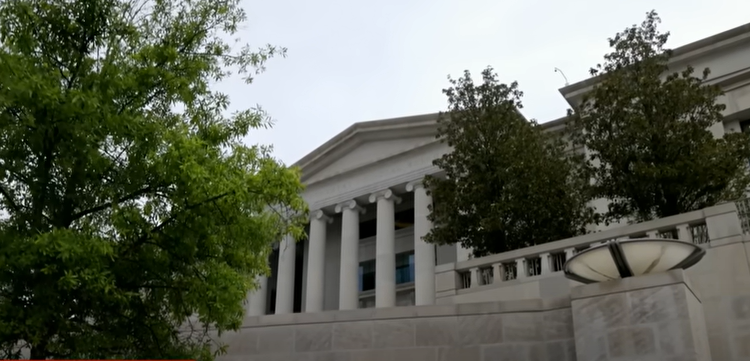
Following a recent ruling by the Alabama Supreme Court, at least three providers of in vitro fertilization (IVF) in the state have ceased treatments, citing concerns over the legal classification of frozen embryos.
The court’s decision, which declared that embryos in test tubes should be considered children, has raised questions about the future accessibility of IVF procedures in Alabama.
IVF Access in Peril
All the judges on the state Supreme Court bench are Republican, and their ruling has left both medical professionals and patients grappling with the implications for the storage, transportation, and use of embryos within the state.
Health advocates warn that by establishing the notion of “fetal personhood,” the decision could potentially pave the way for further restrictions on women’s reproductive rights nationwide.
The University of Alabama at Birmingham (UAB) announced on Wednesday that it had suspended IVF treatments due to fears that patients and physicians could face legal repercussions for adhering to standard IVF practices.
Joining UAB, Alabama Fertility and the Center for Reproductive Medicine at Mobile Infirmary also announced on Thursday that they were pausing IVF treatments. However, the intentions of six other fertility service providers in Alabama remain unclear as they did not respond to inquiries about their future plans.
Read more:San Diego Mexico Faces Public Health Emergency From Tijuana River Pollution
Alabama Legal Response to Embryo Classification

Collectively, the three clinics that have ceased operations facilitated over 400 pregnancies in 2021 through assisted reproductive technology, according to data from the US Centers for Disease Control and Prevention (CDC).
President Joe Biden condemned the ruling, expressing concerns that it could hinder access to fertility treatments for families struggling to conceive. He criticized the decision for disregarding personal choice and labeled it as a direct consequence of the 2022 U.S. Supreme Court decision to overturn Roe v. Wade.
Republican presidential candidate Nikki Haley initially expressed support for the ruling, stating her belief that embryos should be considered “babies.” However, she later clarified her position, indicating her disagreement with the Alabama court’s decision and calling for a review of state law.
In response to the legal uncertainty surrounding IVF, Republican state lawmaker Tim Melson announced plans to introduce legislation aimed at shielding IVF providers from legal risks. The proposed bill would clarify that embryos are not considered viable until they are implanted in the uterus.
Alabama Fertility took to social media, urging followers to advocate for this legislation, emphasizing the importance of awareness and advocacy in protecting access to fertility treatments. As Alabama navigates the aftermath of this ruling, the future of IVF and reproductive rights in the state remains uncertain.
Read more: CDC Sounds Alarm On Rising Syphilis Cases In Infants; Hamilton County Rates Jump

